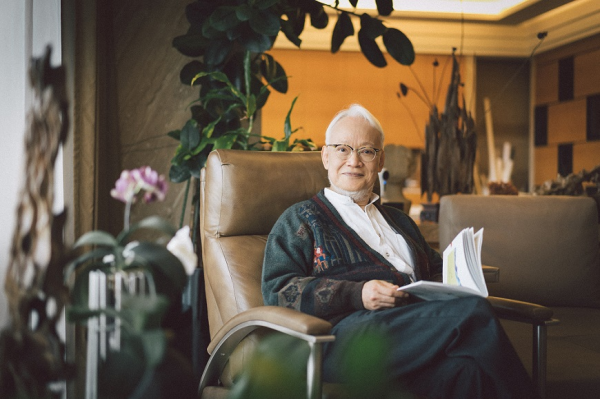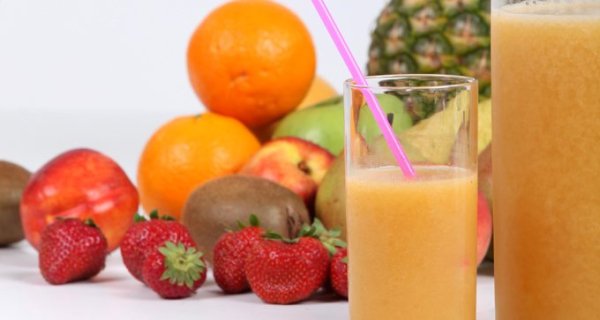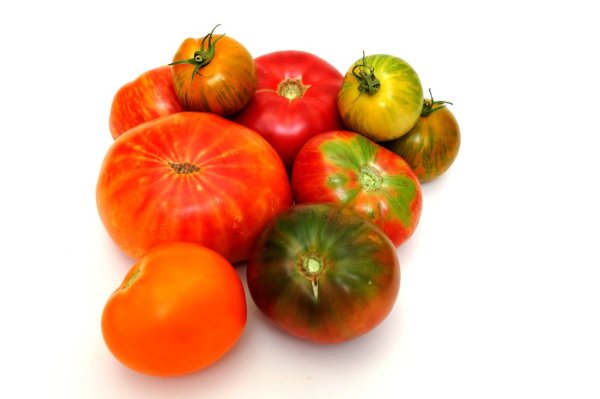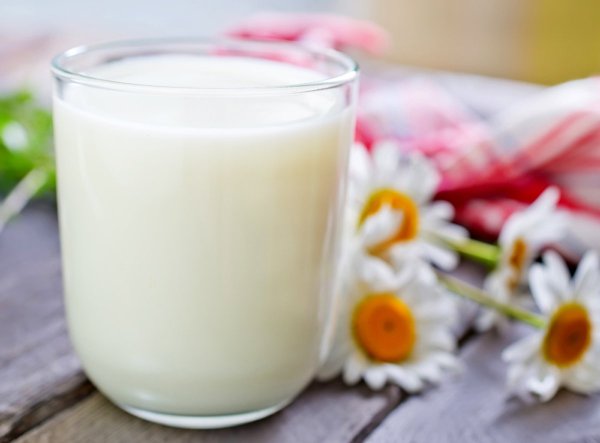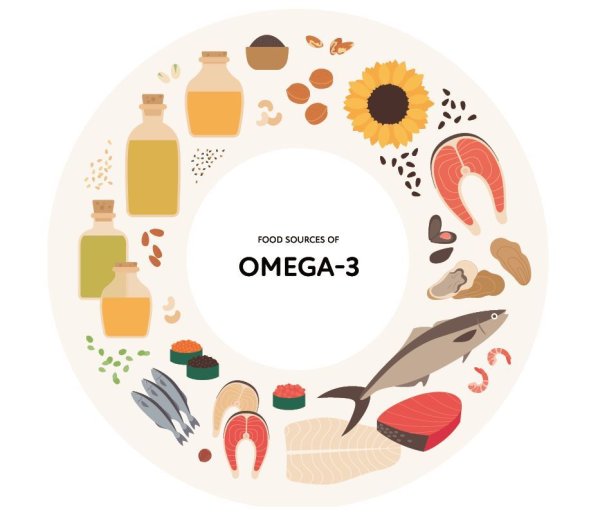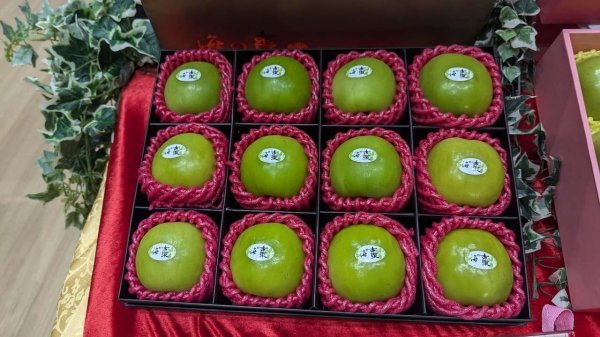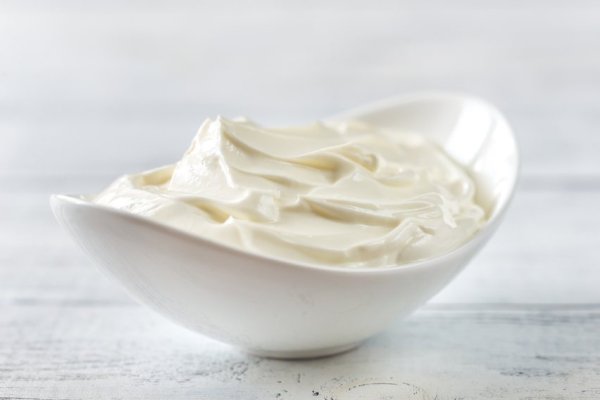Vitamins from natural food can reduce the risk of death! Experts suggest these 5 foods to replace vitamins

In recent years, many studies have pointed out that taking vitamins does not help prevent cancer or some other chronic diseases. A study this year also pointed out that people who consume sufficient vitamins can indeed reduce the risk of death, but are limited to vitamins taken from "natural foods" and are not vitamin supplements; and taking vitamin supplements not only does not help, but taking too much is harmful to health.
A study published in Annals of Internal Medicine in April this year showed that people who consume adequate vitamins can indeed reduce the risk of death, but are limited to vitamins taken from natural foods, rather than because they have taken nutrient supplements. Dr. Fang Fang Zhang, a scientist who led the study, said that taking nutritional supplements can help increase the total amount of vitamins, but the vitamin benefits contained in natural foods cannot be achieved by supplements. Taking vitamin supplements is not helpful in reducing the risk of death, and taking over supplements such as vitamin D and calcification tablets will increase the risk of cancer death.
So what natural foods provide sufficient vitamins? According to the report of Prevention, American nutritionist Nikki Ostrower suggests the following 5 foods to meet the needs of a large number of vitamins.
1. AlmondsAlmonds provide essential fatty acids, vitamin E and ozone content.
2. QuinoaQuinoa
Quinoa
provides essential amino acids for humans, and also has excellent protein. It is rich in heart-healing fats, as well as leaf acid, sap, iron, copper, phosphorus, and other nutrients.
3. Beans Beans, beans (mussels), clams and other beans provide rich vitamins, including B12, galvanized, copper, selenium, iron, galvanized, etc. High content of copper, ozone and phosphorus is also a good source of vitamin D. It is also rich in omega-3 fatty acids, while omega-6 fatty acids are less.
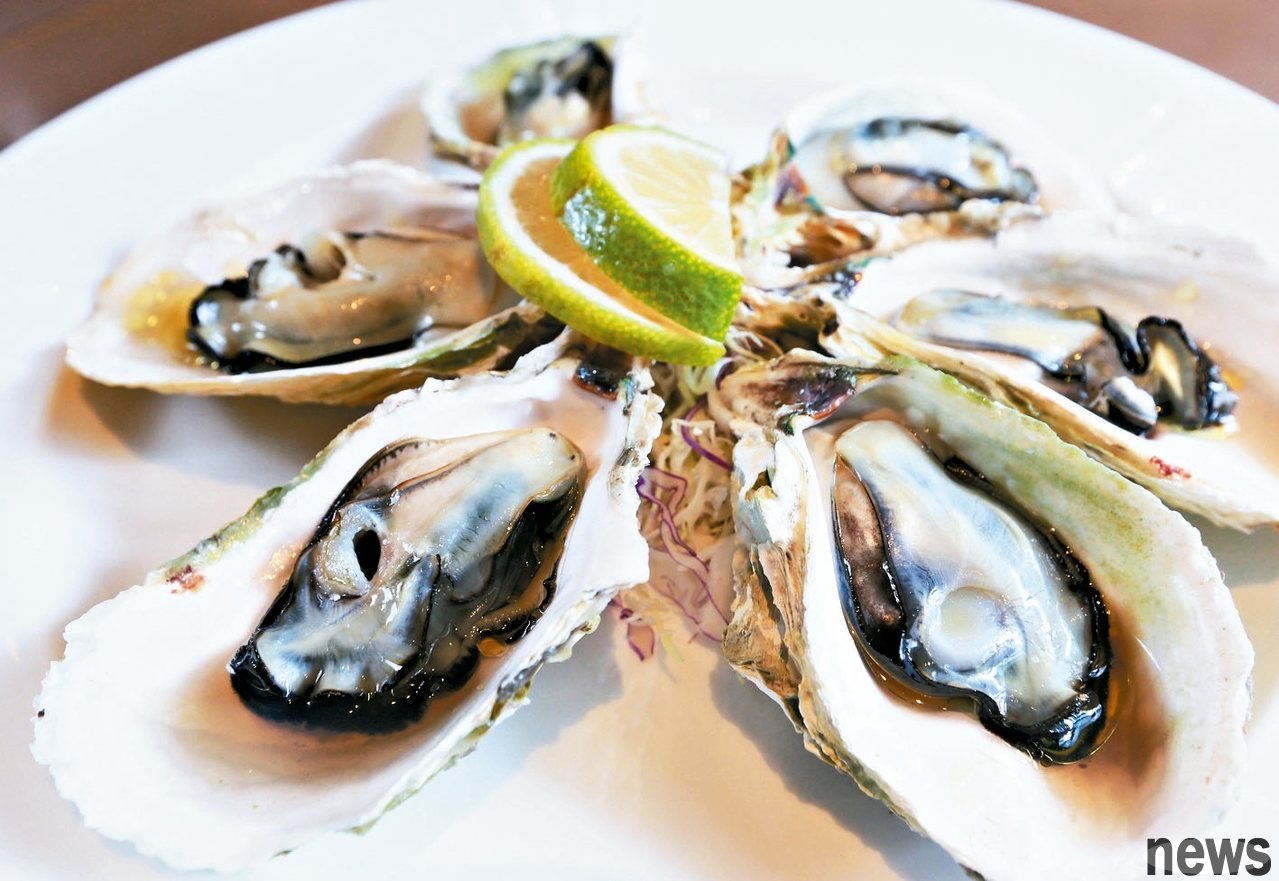
contains 56 nutrients needed by humans including iron, calcium, debris, smoke acid, phosphorus, and glutinous acid. Seaweed is also a good non-meat source of vitamin B12 and contains vitamin B groups, A, K, C, E, etc.
5. Fermented vegetablesrefer to German sauerkraut, Korean kimchi, marinated vegetables, etc. They provide vitamin C, B groups, as well as various essential amino acids in the human body, and can also provide various beneficial bacteria in the kidneys.



